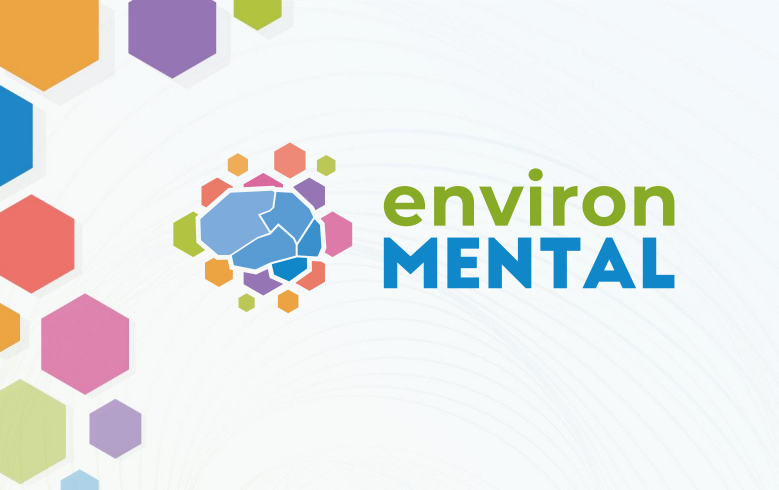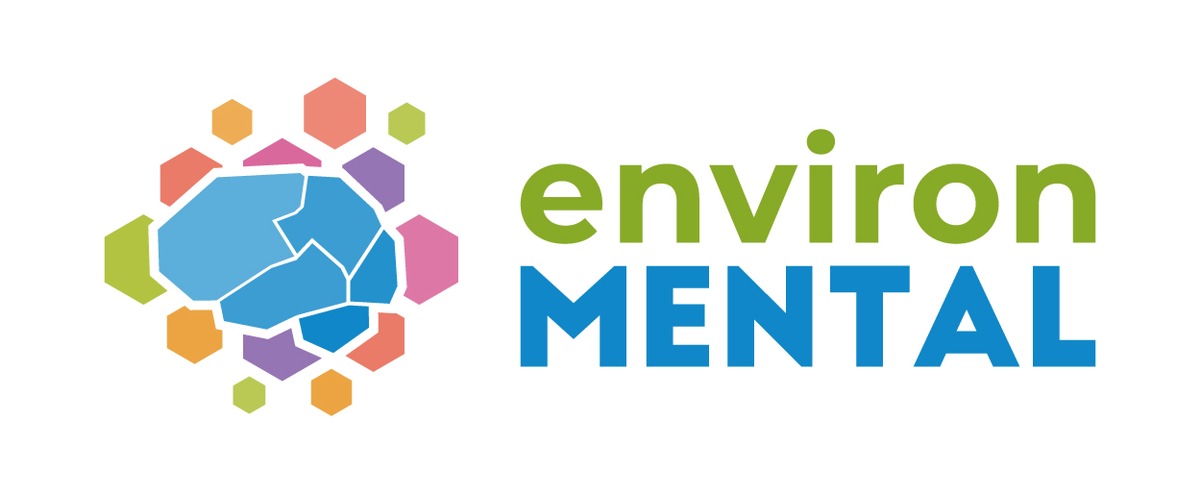The environMENTAL project is thrilled to share the key outcomes from the recently concluded environMENTAL Consensus Conference (CC). This milestone event has provided invaluable insights and guidance that will shape our ongoing and future research on the intricate relationship between the environment and mental health.
What is the environMENTAL Consensus Conference?
The environMENTAL Consensus Conference was an inclusive and participatory event designed to engage citizens from diverse backgrounds, professions, and communities in meaningful dialogue about the environMENTAL project. The conference, which took from June to December 2023, aimed to bridge the gap between scientific expertise and public perception, ensuring that our research is aligned with the values, concerns, and perspectives of society.
Key Outcome(s): The Consensus Conference Report
The CC culminated in a comprehensive report that encapsulates the discussions, debates, and deliberations of the event. This report (which you can read here) was developed by the independent panel of citizens who participated in the event. It is a testament to the collaborative spirit of the participants and provides a roadmap for the project’s future directions. Here, we highlight the five key recommendation themes that emerged from the conference:
- Public Participation
- Terminology: Adopt “experts by experience” to refer to individuals with lived experience of mental illness, differentiating them from other public contributors.
- Formal Structures: Establish structures for the participation of experts by experience in methodologies, outcomes, support, and training initiatives.
- Ongoing Involvement: Encourage public involvement in future projects, technology transfer activities, and the development of tools like the StreetMind app.
- Regular Evaluations: Conduct regular evaluation meetings with citizens and work with experts by experience to maintain participant engagement in research.
- Inclusion: Ensure structures for including experts by experience in data monitoring, reviewing, and management.
- Scientific Research
- Data Sensitivity: Perform sensitivity analysis on data to ensure valid decisions, particularly on geospatial data.
- Clear Definitions: Clearly define terms such as mental well-being and severe mental illness.
- Minority Data: Specify assumptions and limitations when using existing data, especially regarding minority groups.
- Data Collection and Management
- Dynamic Data: Incorporate dynamic urban data sources like sensor data and movement data.
- Broader Environments: Consider digital, emotional, experiential, and past environments.
- Diverse Regional Data: Include data from diverse regions (e.g., South America, Africa, Turkey).
- Valuable Existing Data: Use relevant existing data like nature connectedness and interaction with animals.
- Automated data collection: Use responsible tools for automatic data collection and involve the public in ethical deliberations.
- Project Impact
- Expert Teams: Assemble teams with diverse backgrounds to translate research findings into interventions, treatments, and policy recommendations.
- Policy Translation: Focus on translating research into community-relevant policies, such as pollution penalties and sustainable tourism promotion.
- The StreetMind App
- Transparency: Ensure usernames on the StreetMind app are visible to the public.
- Emotion Representation: Include both positive and negative emotions in app queries.
- Personalised Recommendations: Provide personalised mental health improvement suggestions based on user activity data.
- Promotion: Leverage stakeholder networks to increase awareness and visibility of the app.
These recommendations aim to enhance public involvement, refine project structures, ensure rigorous scientific research, improve data management, maximise project impact, and optimise the StreetMind app for better user engagement and mental health outcomes.


